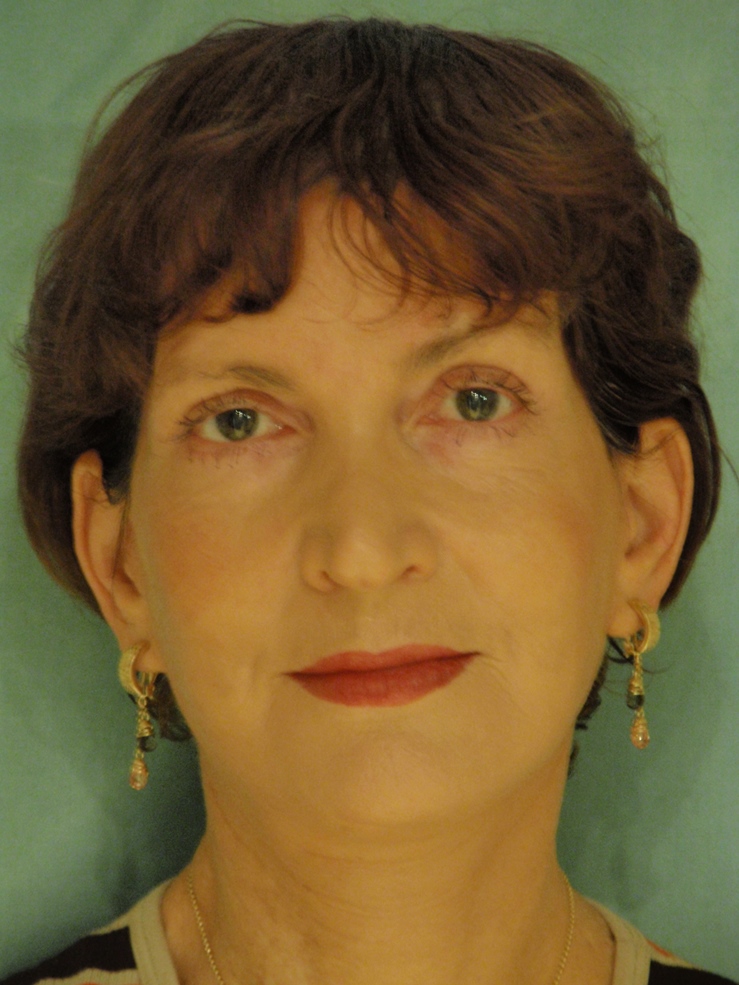|
"The
Gifted disabled student in the regular and the special classroom"
By
Professor
Hanna David,
Tel Aviv University (Emerita), Israel
|
|
 |
Abstract
The term
"special education" is used, in most cases, for the education of
children with learning disabilities, emotional problems,
behavioral difficulties, severe physical limitations, or
difficulties related to low cognitive abilities. "Gifted
education", on the other hand, is used for educating the more
able, children with high learning ability or special talents,
creative children or children who had achieved highly in
school-related or any other area, such as chess, music,
painting, etc.
However, many
gifted children belong to both categories. Some suffer from problems
or irregularities not related to their giftedness, such as all kinds
of learning disabilities, e.g. dyslexia, dyscalculia, dysgraphia or
AD[H]D, or physical limitations, such as hearing loss, blindness, or
paralysis. Some have to deal with issues directly or indirectly
connected to their giftedness. For example: social acceptance has to
with conforming to the class norms, speaking about subjects
considered age-appropriate, or being careful not to use "high level"
vocabulary. A gifted child might find it difficult to participate in
activities he or she has no interest in, not expressing feeling or
ideas because they might seem odd to the peers, or thinking before
using any rare or unconventional word or expression. A gifted child
who is bored most or even all the time in the class might adopt
behaviors such as abstention from class activities, daydreaming or
becoming the "class clown" and disturbing the teachers with a
variety of voice-making, making jokes at others' expense or even at
the teacher's. Such behaviors – not necessary a result of the
child's giftedness but related to it lead, in many cases, to
labeling the child as "badly adjusted", "socially misfit",
"isolated", or the like.
In this keynote I
intend to describe the social and the educational difficulties the
gifted child has to deal with in the regular as well as in the
gifted classroom and present techniques which might help overcoming
them. I will present in detail four case studies, two of boys and
two of girls, all gifted with either learning disabilities or
emotional problems, and the successful interventions adopted until
reaching reasonable results.
Bio
Hanna David (née: Ehrenstein), PhD
was born in Jaffa in 1952 to a father immigrating to Israel from
Vienna in 1938, and Hungarian mother, a survivor of Auschwitz.
The second in a 4-child family she had insisted on starting
nursery school at the age of 13 months, together with her
13-months older brother, and since then showed deep interest in
public speaking, making friends and initiating social
intercourses; somewhat later she started reading and has not
stopped since. At age 15 years she became a youth-writer of "MA'ARIV
LA'NOAR" – the youth edition of the then most published daily
Israeli paper, which had led her to publishing of Hebrew and
English short stories, and translating to Hebrew, mainly from
German. At age 18 she graduated from the Ultra-Orthodox girls'
high-school in Ramat Gan and started her mathematics, physics,
Hebrew literature and high-school teaching certificate studies
at the Hebrew University in Jerusalem. In 1975 she received her
MA from the Jewish Theological Seminary in New York, and soon
afterward started her family. Hanna David received her PhD,
"magna cum laude", in educational psychology (minors: didactics
of mathematics and education) from Ludwig Maximilians
Universität, München, She worked at the Tel Aviv University
between 1976 and 2004.
Dr. David's interest in giftedness
started when she was 11, with the birth of her brother who, like all
males in the family, was gifted. While still in high school she
became an expert of accelerated teaching for Ultra-Orthodox boys
whose parents wanted them to get "secular" education in addition to
the religious one they received in school. Teaching and counseling
the gifted became Hanna's recognized expertise in 1995, when she
started teaching the course: "the gifted child in the regular
classroom" at the Talpiyot Teachers' College in Tel Aviv. Since then
she has taught in 5 other high education institutions, including the
MA counseling program ot the Ben Gurion University, and instructed
many students in the fields of gifted education, developmental
psychology, cognitive psychology and educationa pscychology.
In the last 20 years, Prof. David has
become a popular counselor for gifted students, with or without
disabilities; a known expert of gifted education in Israel and
abroad, an often invited lecturer in national and international
conferences and meetings; an expert evaluator for the European
commission, and a prolific writer of 12 books and over 140 articles. |
